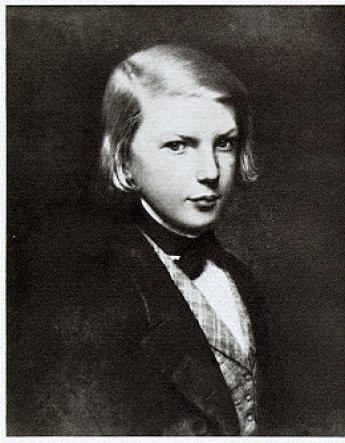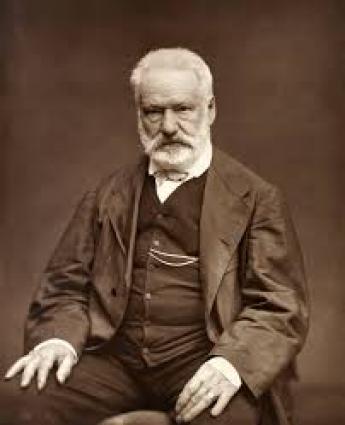Collecting French Literature - Victor Hugo: An Influential Life of Political Passion

By Kristin Wood
When it comes to French literature, one name is frequently the first to come to mind: Victor Hugo. While he is known internationally for his famous novel, Les Misérables, he is better known in his home country as a leading poet during the Romantic movement.
Adolescence and Early Influences
Hugo was born on February 26, 1802 to Joseph Hugo and Sophie Trebuchet. He was raised during a period of political unrest as Napoleon I's rule divided the country between Freethinking Republicans and Catholic Royalists. Hugo's father served as an officer in Napoleon's army. This position not only exposed Hugo to the political arena at an early age, but it also lead to many relocations around Europe.
Although Hugo's father was loyal to Napoleon I, his mother sided with the Catholic Royalists. This tension ultimately resulted in a separation. Hugo and his siblings settled down in Paris under their mother's sole care.
A Shift in Beliefs
Hugo was very close with his mother, and his early work reflects her faith and political loyalties. It wasn't until the French Revolution in 1848 that Hugo's work began to favor the views of Napoleon I and Freethinking Republicans.
Along with abandoning his mother's teachings, Hugo also fell in love with a woman whom she did not approve of: childhood friend Adele Foucher. Despite these differences, Hugo still cared deeply for his mother. To preserve their relationship, he waited to marry Foucher until after his mother had passed away.
Tragic Inspiration
Hugo and his wife had five children together. His firstborn died as an infant, and his oldest daughter was killed in a boating accident shortly after she married. Hugo never stopped grieving for his daughter, and many of his poems are written for or about her.
A Political Agenda
After the French coup of 1851, Hugo left France to protect himself as political forces changed and Napoleon III took control. While living abroad, Hugo created pamphlets that spoke against the new ruler of France. He did not return to his home country until Napoleon III fell from power in 1870.
While Hugo's poetry fit in with the Romantic movement of his time, his fiction often explored and critiqued the political and social climate in France. He sought to expose political injustice and prompt his readers to face the poverty and inequality that was right under their noses.
His most influential novel, Les Misérables, achieved this among consumers, but critics and other French authors were less favorable toward the book. They complained that it was vulgar, artificial, and lacking in truth. Still, the message of the writing prompted enough people to fight for the causes Hugo supported, and several social issues were subsequently added to the agenda of the next National Assembly of France.
The Death of a Hero
When Hugo passed away in 1885, his body was put in a pauper’s coffin as he had requested. Still, nearly two million people followed his funeral procession, and he was buried as a national hero at the Pantheon.
***
Posted on Books Tell You Why, presented here by permission of the author. Pictures: Books Tell You Why.

